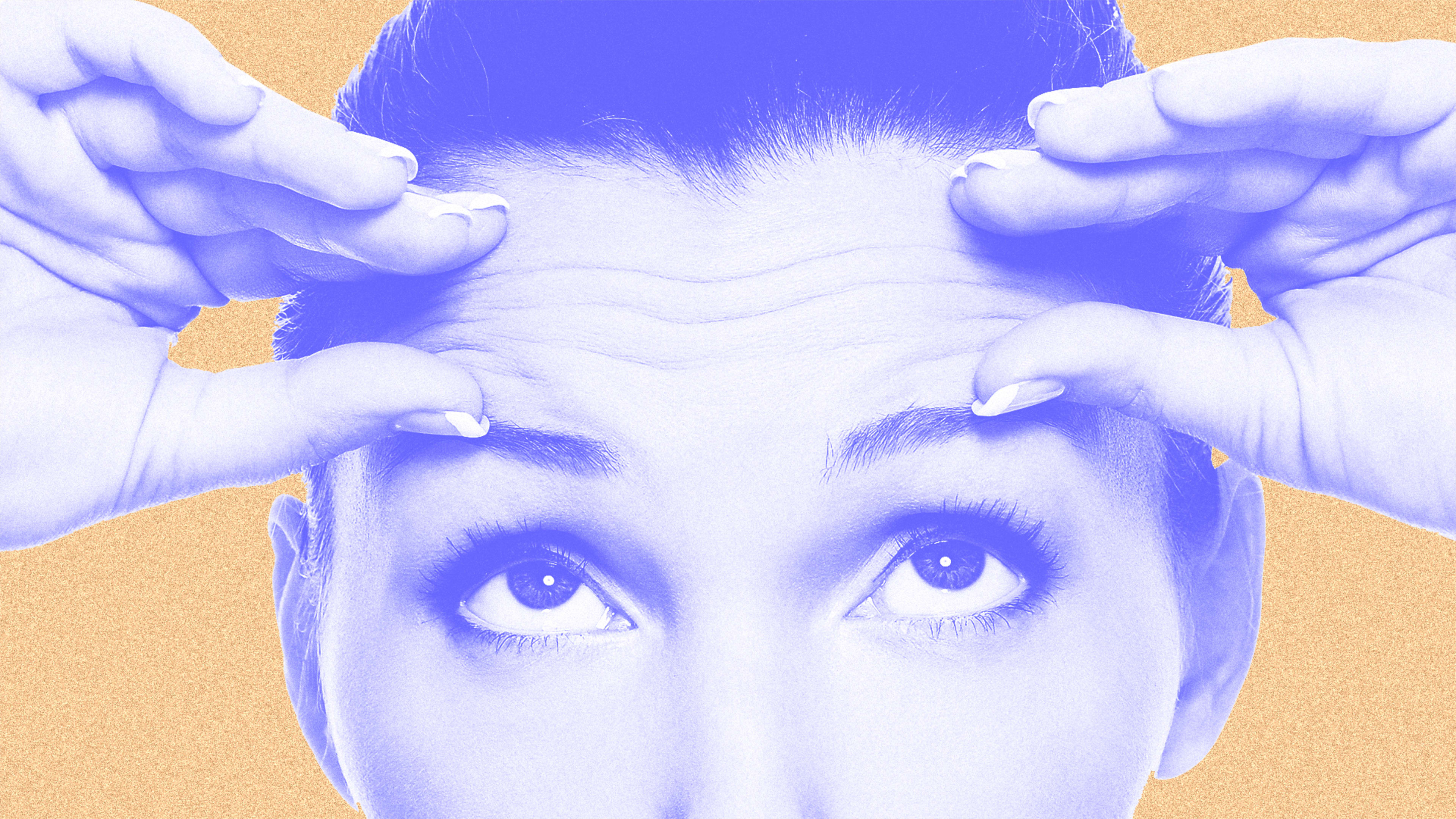In 10 years you’ll feel 10 years younger. This adage, frequently told to new moms, is apparently true: A new study out of UCLA shows that from the first six months of motherhood, sleep-indebted women biologically age rapidly.
Researchers tracked 33 mothers, ages 23 to 45, through pregnancy and early motherhood, tracking DNA in blood samples to determine biological age. They found that one year after a birth, the mothers who had slept under seven hours a night six months earlier had aged significantly (three to seven years), and also had shorter telomeres in their white blood cells, which is associated with a bevy of diseases, including cancer and cardiovascular disease and earlier death.
If you just laughed aloud at the idea of “under seven hours” of sleep being considered low for a mom, you are not alone. The women in the study logged as few as five hours, and more than half of the women in the study slept under seven hours at both six months and one year after birth.
“We found that with every hour of additional sleep, the mother’s biological age was younger,” says co-author Judith Carroll, a psychobiologist at UCLA. “I, and many other sleep scientists, consider sleep health to be just as vital to overall health as diet and exercise.”
The researchers emphasize that the study participants were not a large, diverse group, and that this study does not evaluate whether these effects are long lasting. A study out this spring of men ages 50 to 72 found that biological age decreased by three years following two months of healthy diet, exercise, and rest.
A 2019 study of 5,805 Americans indicated that over half of mothers get less than seven hours of sleep throughout motherhood, while men do get enough sleep. In that study, mothers’ sleep decreased with each child in the house.
The UCLA researchers strongly suggest that partners and society do their best to let new moms get some shut-eye via naps, assistance from friends and family, help with nighttime awakenings, and parental leave. The study is published in Sleep Health.
Recognize your brand’s excellence by applying to this year’s Brands That Matter Awards before the early-rate deadline, May 3.
